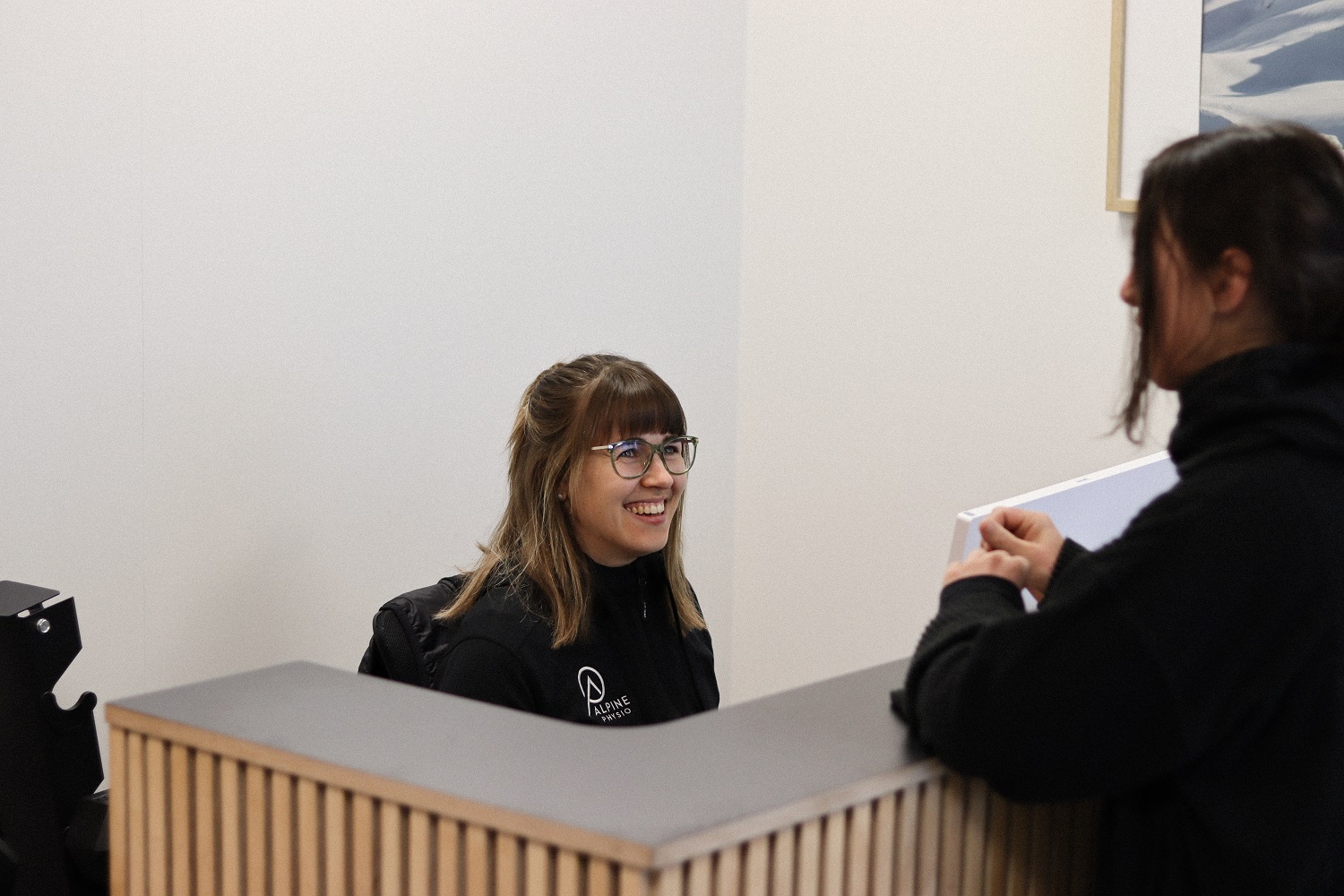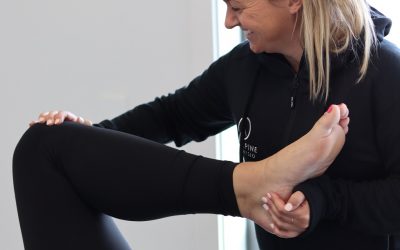Physiotherapy-Led Concussion Management: A Comprehensive Approach
Concussions are increasingly recognised as a serious health concern, particularly in contact sports. However they can also result from everyday activities and accidents. Traditionally, management of concussions focused primarily on rest and symptom monitoring which has now been shown to not be as effective as “active” recovery. Recent developments in the field have highlighted the crucial role of physiotherapy in effective concussion management and return to daily life. This blog explores the benefits of a physiotherapy-led approach, focusing on assessment, rehabilitation, and prevention.
Understanding Concussions
A concussion is a type of traumatic brain injury (TBI) caused by a blow to the head or body that results in the brain moving within the skull. Symptoms can vary widely, including headaches, dizziness, balance issues, fatigue, and cognitive difficulties. Given this complexity, a multidisciplinary approach to management is essential. Alpine Physiotherapy provides ACC fully funded Concussion Service through HABIT HEALTH. You will need to be referred to us by your medical practitioner.
The Role of Physiotherapy
Physiotherapists are uniquely positioned to lead concussion management due to their expertise in movement, balance, and functional rehabilitation. They conduct comprehensive assessments that evaluate not just physical symptoms but also vestibular, cognitive and emotional aspects of recovery.
- Initial Assessment: A physiotherapist will perform a thorough evaluation, assessing how your vestibular system, balance, coordination, cervical spine and cardiovascular system is influencing your concussion. Understanding these factors helps to develop an individualised treatment plan.
- Symptom Management: Concussion symptoms can be diverse, often overlapping with conditions like neck pain, vestibular dysfunction, and even anxiety. Physiotherapists are trained to address these symptoms through targeted interventions. For instance, cervical spine mobilisation can alleviate neck pain and headaches, while vestibular rehabilitation exercises can help improve balance and reduce dizziness.
- Cognitive and Physical “Rest”: While easing off aggravating activities is vital after a concussion, prolonged inactivity and complete rest can be detrimental. Physiotherapists guide patients on a safe return to activity, gradually increasing physical exertion based on symptom tolerance. This “active rehabilitation” approach has been shown to accelerate recovery.
- Rehabilitation Programs: Tailored rehabilitation programs often include specific exercises that address strength, balance, and coordination. These programs not only help with recovery but also aim to prevent future concussions by enhancing resilience.
- Education and Support: An essential aspect of concussion management is education. Physiotherapists provide patients and their families with information about concussions, expected recovery timelines, and strategies for symptom management. This empowers patients to take an active role in their recovery.
Preventing Future Concussions
Physiotherapy also plays a significant role in concussion prevention, particularly in sports. By focusing on improving overall strength, specific neck strength, balance, and coordination, physiotherapists can help athletes develop the physical resilience needed to minimise the risk of future injuries. Furthermore, they can educate athletes on safe techniques and practices during sports, promoting awareness about the importance of protective gear.
Conclusion
Physiotherapy-led concussion management offers a holistic and effective approach to recovery. By integrating physical rehabilitation with education and preventive strategies, physiotherapists help individuals navigate the complexities of concussion recovery. As our understanding of concussions evolves, the role of physiotherapy will continue to be vital in ensuring that individuals can return to their daily activities – safely and effectively. Emphasising early intervention and tailored rehabilitation can make all the difference in both recovery outcomes and long-term health.




0 Comments